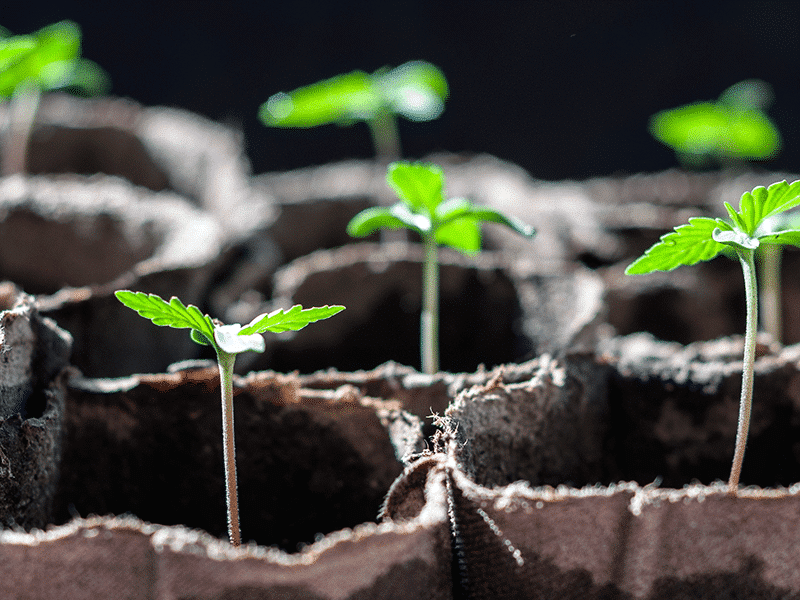
Sustainability in Nano CBD: Eco-Friendly Practices and Industry Trends
The intersection of sustainability and innovation is gaining prominence in the CBD industry, particularly in the realm of nano CBD products. In this article, we explore the importance of sustainable practices in the nano CBD sector and highlight industry trends that prioritize both environmental responsibility and technological advancement.
 Eco-Friendly Considerations
Eco-Friendly Considerations
Nano CBD, while offering enhanced bioavailability and efficacy, must also address environmental concerns. Sustainable practices within the nano CBD sector encompass various aspects:
- Ingredient Sourcing: Ethical sourcing of CBD and other ingredients helps preserve biodiversity and supports local communities.
- Production Methods: Efficient production processes and reduced energy consumption contribute to a smaller carbon footprint.
- Packaging: Eco-friendly packaging materials and designs minimize waste and promote recycling.
 Trends in Sustainability
Trends in Sustainability
The following trends highlight the industry’s commitment to sustainability:
- Organic Farming: CBD producers are increasingly adopting organic farming practices that prioritize soil health and reduce the need for synthetic inputs.
- Green Extraction Methods: Companies are exploring cleaner extraction techniques that use fewer solvents and chemicals.
- Recyclable Packaging: Eco-conscious packaging solutions, such as biodegradable materials and refillable containers, are gaining traction.
Consumer Influence
Consumers are playing a pivotal role in driving sustainability in the nano CBD sector. Eco-conscious individuals are seeking products that align with their values and actively supporting brands that demonstrate a commitment to environmental responsibility.
Benefits of a Sustainable Approach
Embracing sustainability in the nano CBD industry offers several benefits:
- Positive Brand Image: Brands that prioritize sustainability build trust and loyalty among environmentally conscious consumers.
- Long-Term Viability: Sustainable practices contribute to the industry’s long-term viability by reducing environmental impact.
- Innovation: Eco-friendly practices often drive innovation and inspire creative solutions within the industry.
Conclusion
Sustainability and innovation go hand in hand, shaping the future of the nano CBD industry. As the sector continues to evolve, embracing eco-friendly practices and prioritizing environmental responsibility will not only benefit the planet but also contribute to a thriving and responsible CBD market.



